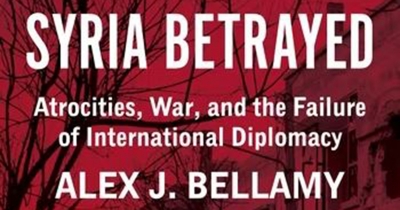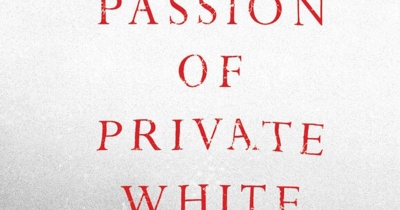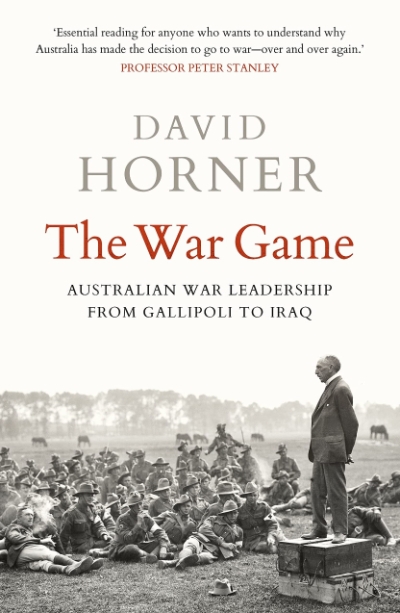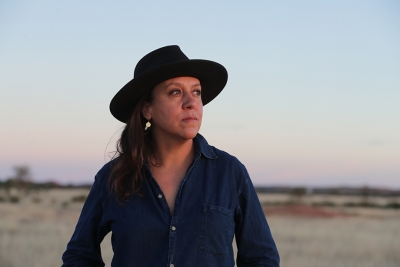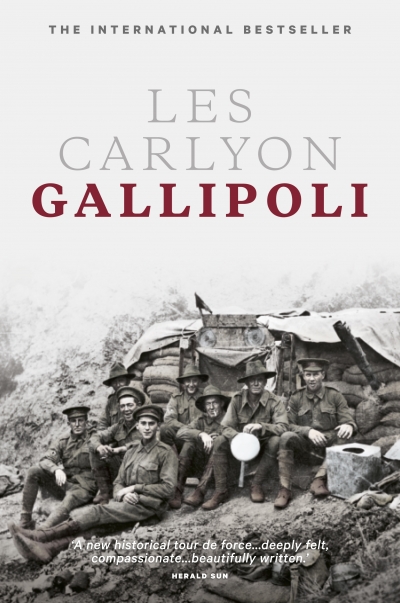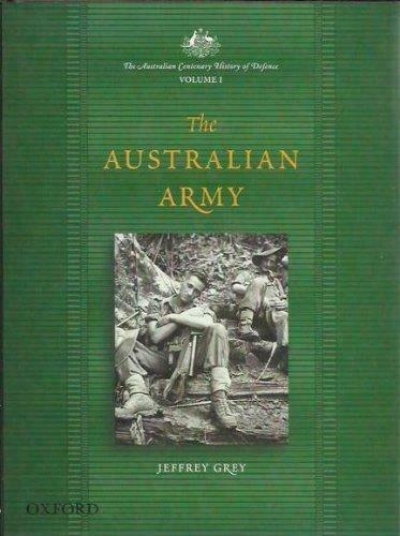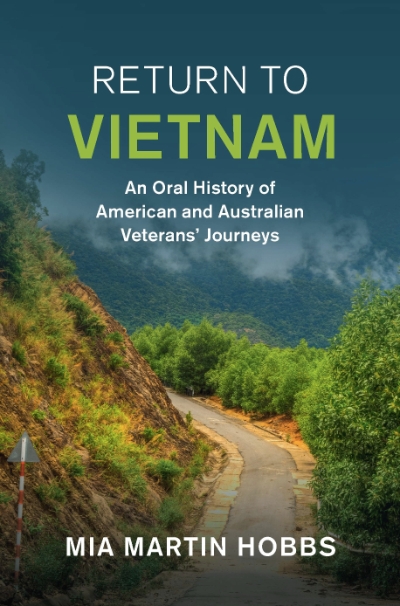Military History
Syria Betrayed: Atrocities, war, and the failure of international diplomacy by Alex J. Bellamy
Wizards of Oz: How Oliphant and Florey helped win the war and shape the modern world by Brett Mason
More than thirty years after the last helicopters left the roof of the American embassy in Saigon, the flow of new books on the Vietnam war shows no sign of abating. Among them are some intended for a limited, scholarly market, some for a wider general readership; some for Americans, some for Australians. These three books exemplify some of the trends in both the substance and the style of Vietnam war histories, and illustrate both the virtues and the faults of differing approaches to the most controversial conflict of the twentieth century.
... (read more)That Magnificent 9th by Mark Johnston & Alamein by Mark Johnston and Peter Stanley
The War Game: Australian war leadership from Gallipoli to Iraq' by by David Horner
At a pivotal moment in the new SBS miniseries The Australian Wars, director and presenter Rachel Perkins takes us to a place she says is ‘etched in the memory of my family. A place called Blackfellas Bones.’ Perkins turns to talk directly to camera: ‘You know, we turn away from things that we don’t want to see. We all do it. And I admit that I actually didn’t really want to make this documentary series because I knew that I’d have to spend years going through the horror of it. But … making this film has led me to this place … a place where many members of my family were killed. But my great grandmother survived to tell the story.’
... (read more)
